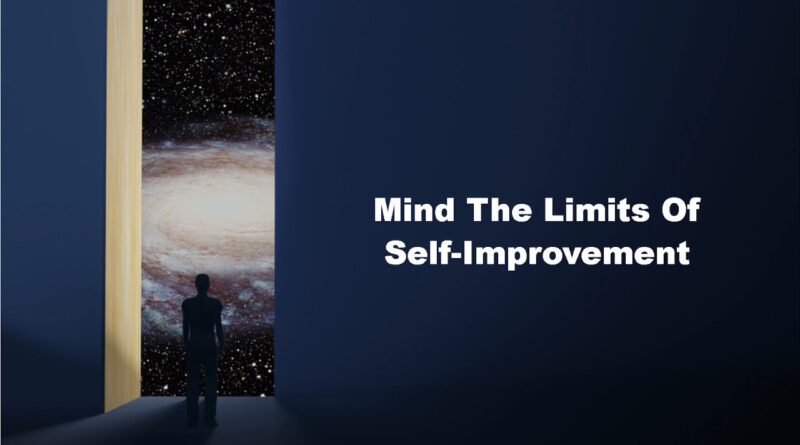Mind The Limits Of Self-Improvement
Most of us are striving to better ourselves. We want to learn more, become more, achieve more and, at some point, find happiness. Throughout the process, we are changing who we are. We try hard to fit into a socially-approved mold of a successful individual. There is nothing wrong with changing and evolving. We outgrow baby talk and crawling as we replace them with speech and walking.
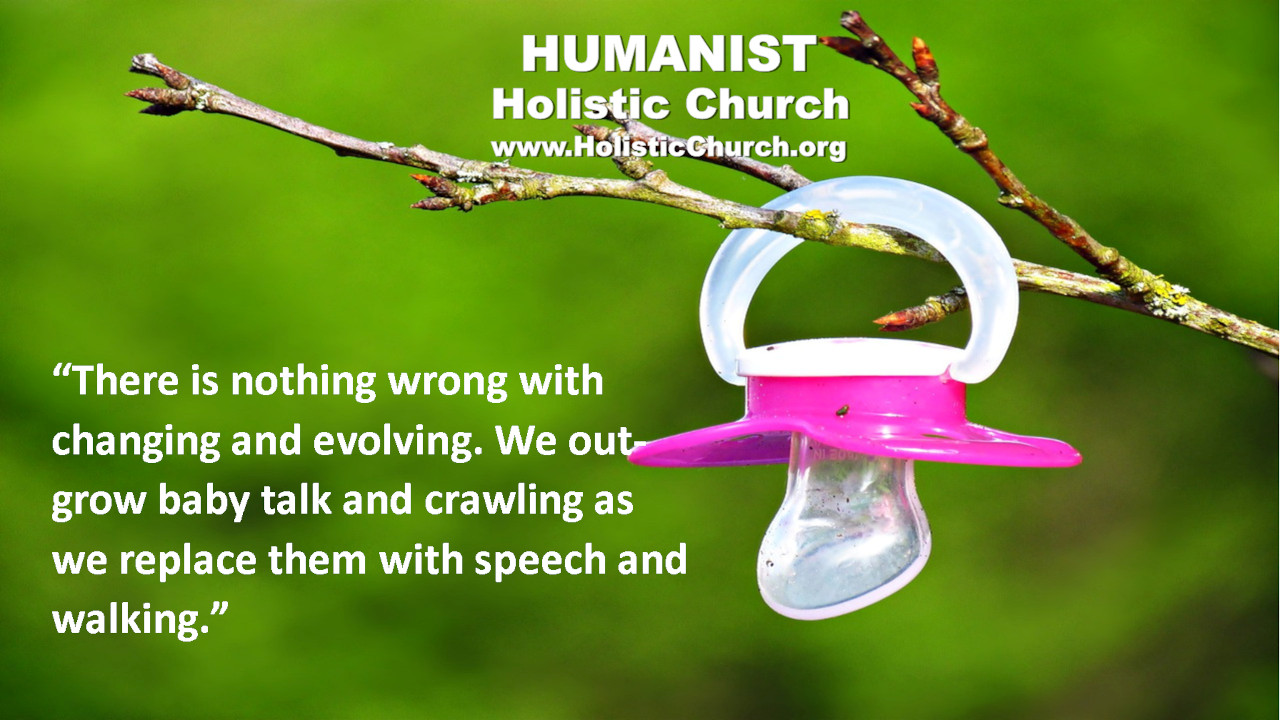
We discard some abilities as we develop better ones. That’s normal. But there is a need to mind the limits of self-improvement.
With time that switch from the old to the newly learned becomes automatic. We assume that all new knowledge and new habits are better than old ones.
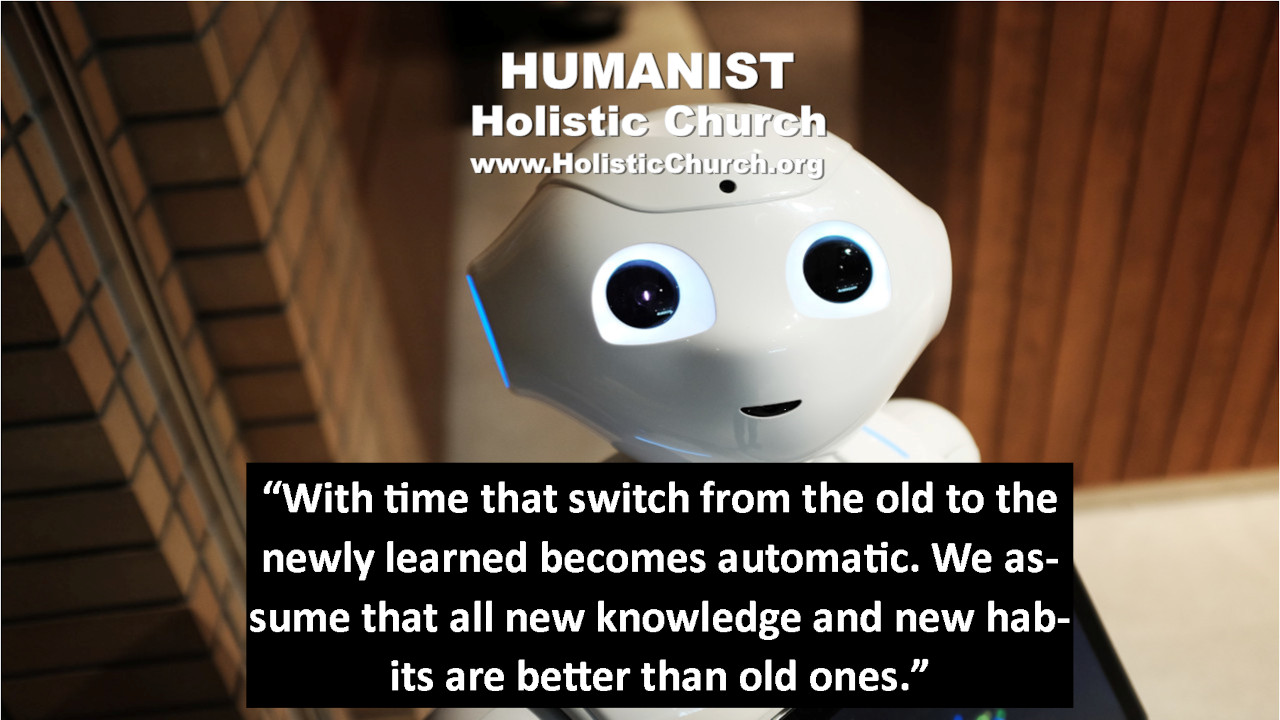
Often, they are; but not always. It may be a good idea to ask yourself whether the change you’re making is for the better.
Take a good look at:
– the way you eat (Are you eating poorly or are you eating healthy? The fads in healthy eating change. If you’re following a healthy diet that serves you well, you may want to skip the fads.)
– your daily routine (Your daily routine should at minimum include the elements that address your physical, mental and emotional health. If you are exercising, meditating, reading, and limiting the amount of time you spend on social media, your daily routine looks good. If not, modify it.) One more thing, the amount of sleep you get matters. An insufficient amount of sleep compromises your immune system, makes you more susceptible to disease and accelerates aging. Make sure that you sleep, at the very least, seven hours a night.
– your habits (The word “habit” has a negative connotation but most of our habits are actually good. If you spend time playing with your child or pet or walking your dog when you come back home from work: keep the habit! If, however, you still embrace some self-destructive habits, try to change them. It takes just two weeks to replace a nasty habit with a new, healthier one.)
– other things you do regularly (Some of the things to take note of: do you make your own coffee or buy it ready to drink? Why? How often do you eat out? Is it healthy? Can you really afford it? How often do you eat fast food? That stomach acid is telling you something.)
– the things you own (Sometimes, you look at someone’s new outfit, or a new car, or new furniture, and you think to yourself, “all my stuff is crap”. Is it? There is a good chance you own stuff that’s priceless. Let’s say you have a photo of your grandparents or great-grandparents; do you have any idea how valuable it would be to millions of other people? Each of us is rich in SOME way. The fact that someone else has something you wish you had doesn’t diminish the value of what you already have.)
– the activities you enjoy (Do you take time to do the things you like or do you fill your time with activities that benefit your work position or social standing? If the latter is true, make sure to occasionally do something that brings you joy.)
– the people whose company you keep (If you have a network of people you spend time with, chances are you care about them and they care about you. If you invested in these relationships over time then these relationships are valuable to you.)
Many of the things you do and have are already right. At least, some of your relationships are already right. Will changing them contribute to your well-being; your progress; your life satisfaction?
Then, take an even deeper look at yourself. What makes you, YOU? What qualities, what values make you, YOU? If you make a list, you’ll notice that the most special things about you don’t meet the standard criteria. These are the ones you HAVE TO keep!
The famous German philosopher Friedrich Nietzsche said: “Be careful when you cast out your demons that you don’t throw away the best of yourself.”
Improvements aren’t always for the better. Conforming to some standards may be injurious, not beneficial. Adding to who you are is great but be careful not to modify or replace the essence of you.
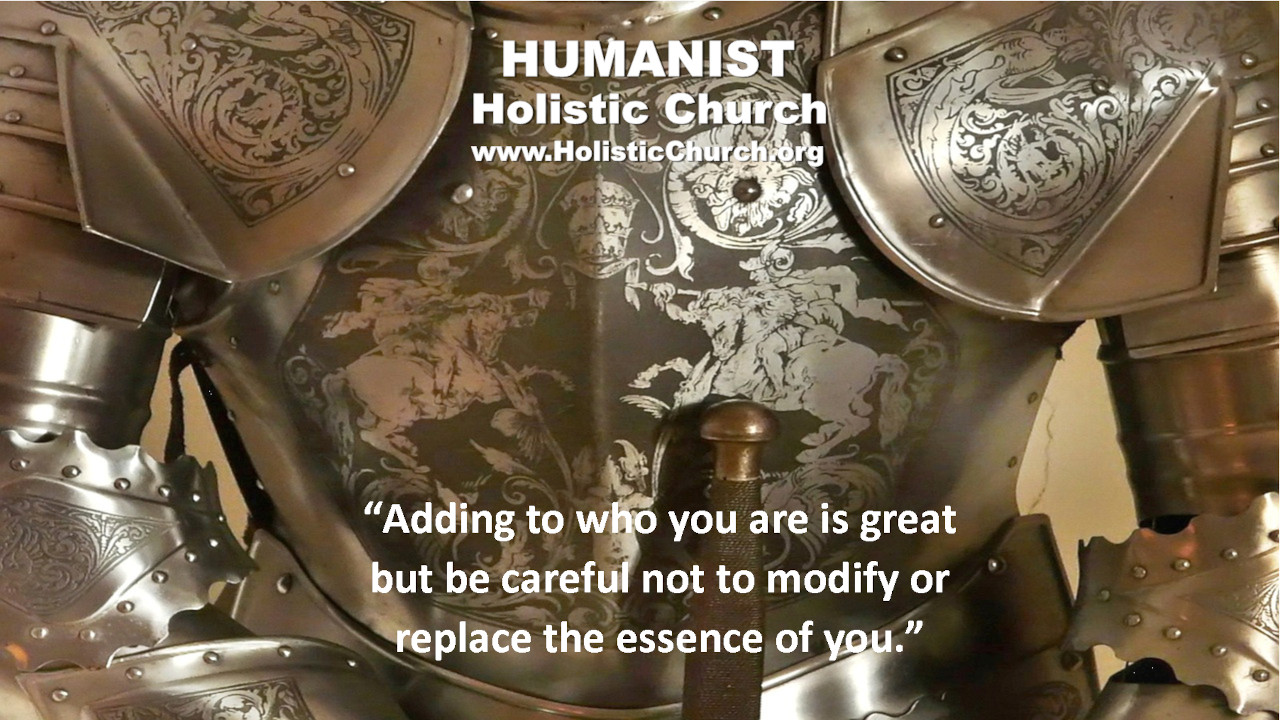
Life keeps us busy which is why many of us rely on our inner auto-pilot to run it for us assuming that its choices are right. That’s not always the case.
An attitude (character?) that’s very effective in a corporate career or in sales, for instance, may not be the one to take home with you.
Skipping a night’s sleep to catch up on your work is brave if you do that ONCE. Losing sleep night after night for a while is foolish and irresponsible.
*
Growth is good. But even growth requires good judgment. There are things about you, your life, and the way you think and feel that shouldn’t be “improved”. Changing them may not serve you well.
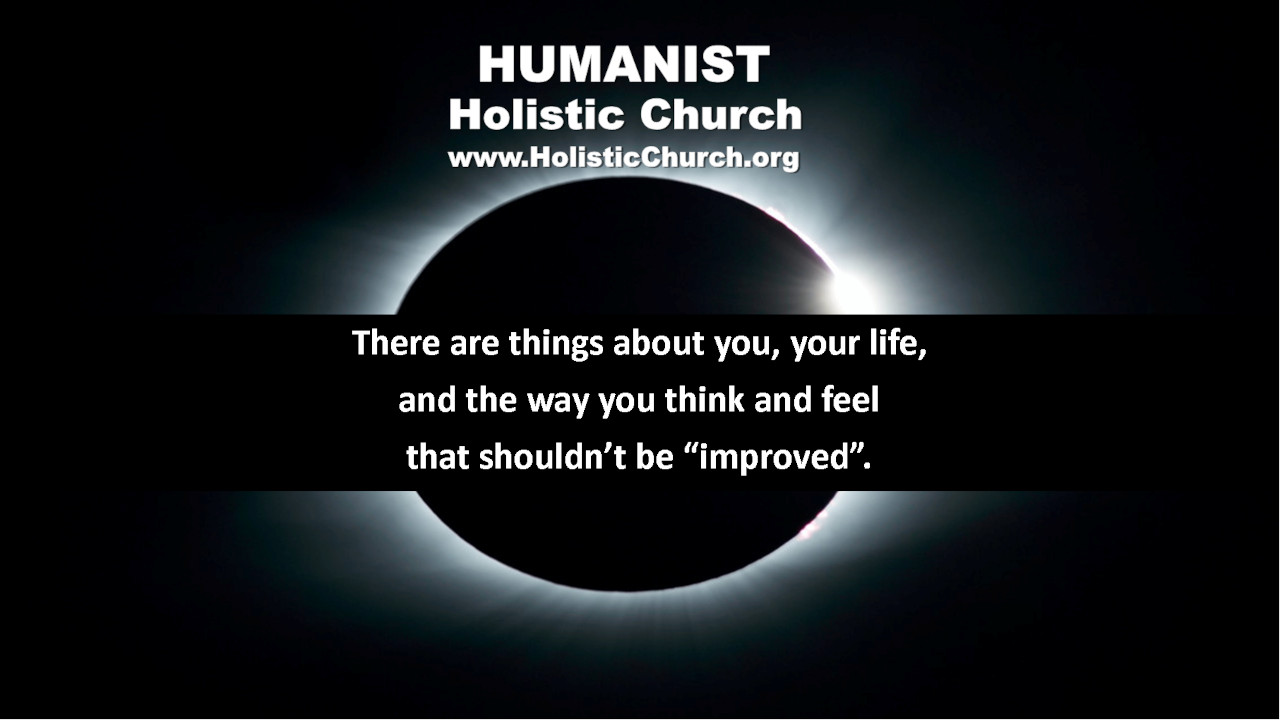
Think about it!
It’s wise to every then and again, realize what’s precious and right already; check your personal scale of right and wrong and choose what to keep and what to protect from “improvement”.
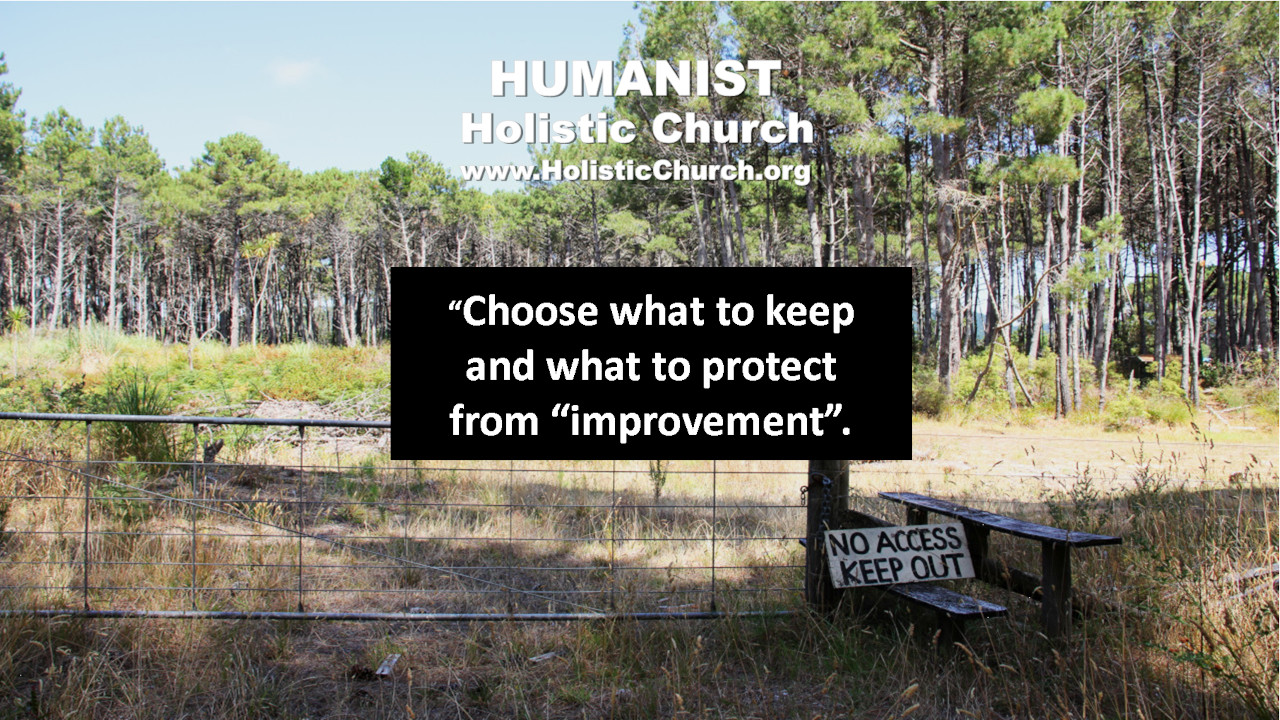
Being too eager to “improve” can backfire. What’s the worst that can happen? You may just lose YOU. And ultimately, YOU is ALL you got.
Victor Hugo said it well:
“Change your opinions, keep to your principles; change your leaves, keep your roots intact.”
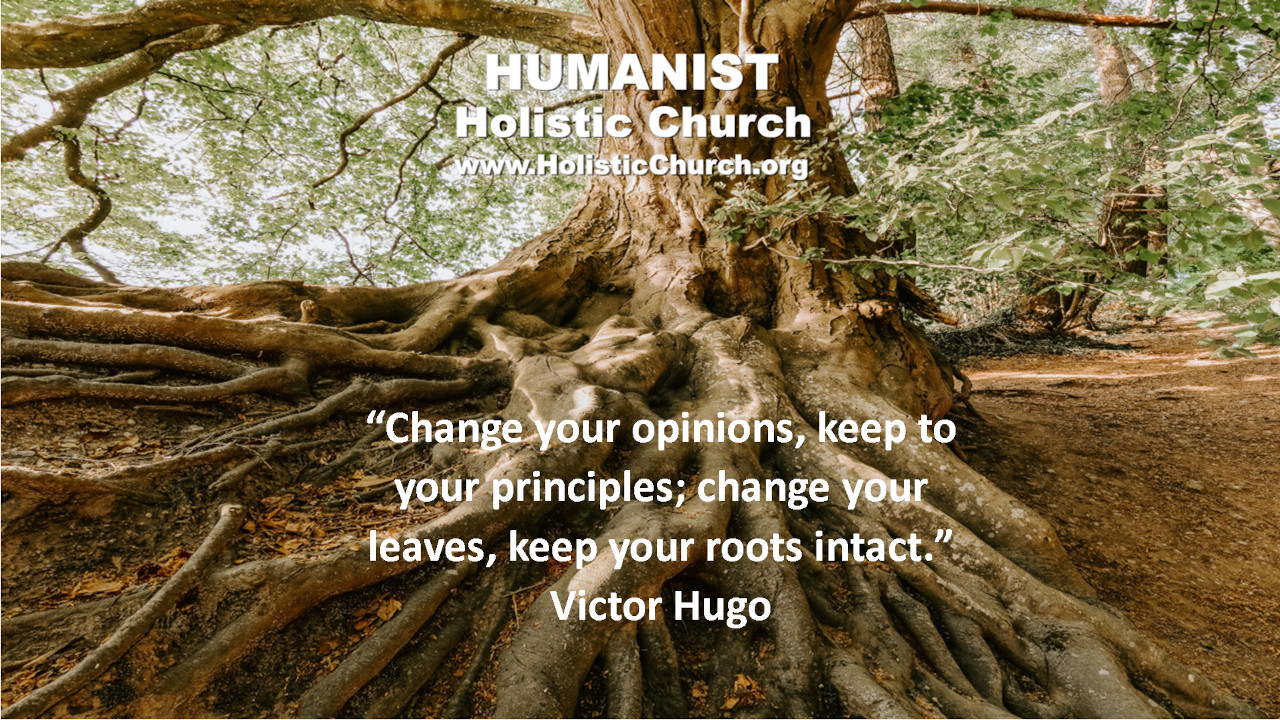
#SelfImprovement #Spirituality #HumanistChurch #HumanistHolisticChurch
If you enjoy the Holistic Church podcast, like, follow, comment, and subscribe on Spotify or YouTube! You’re also welcome to leave a comment, below. (No login required!)

